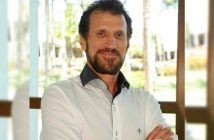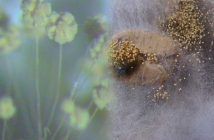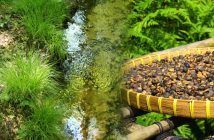The coffee capsules are the gateway for Brazilian consumers to start enjoying specialty coffees. The brand’s new capsules are biodegradable and compostable.
In an investment of R$4 million, the new Orfeu capsules are manufactured by the French company Capsul’in, following one year of research. The new capsule, which is intended for the treatment of organic waste, has a cycle of up to four months to completely degrade and become a fertilizer. This is only possible because they are made from a unique compostable bioplastic.

(Orfeu Biodegradable and Compostable Capsule)
“We took this time to come up with this solution, as we needed to be sure that the new packaging would not interfere with the taste while maintaining the highest quality of our coffee,” explained the Director-General of Orfeu Cafés Especiais, Amanda Capucho.
It will cost four times more than the previous model, but it is a commitment the company has taken on. “We will not transfer the price to the consumers,” said Capucho.
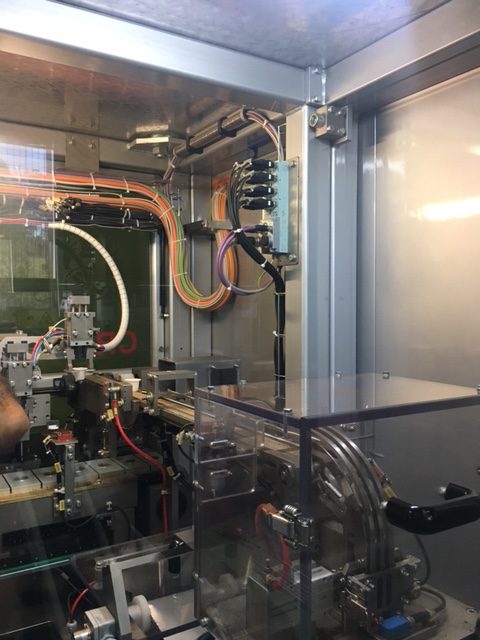
(Machine for the production of the biodegradable coffee capsules of Orfeu Cafés, at Fazenda Sertãozinho)
The new capsules have all the certifications required by the EN-13432 standard, represented by the “OK Compost” and “OK Biobased” seals. It is made from renewable sources has a composition that is free of aluminum, Bisphenol A (BPA Free) and genetically modified organisms (GMO Free). They are the first in Brazil to receive the ABNT Ecological Label – Brazil’s only environmental labeling program to be approved by the Global Ecolabelling Network (GEN). It ensures that the certified product is the best choice for the environment compared to similar products in the same category.

(Capsule is made from an exclusive bioplastic compostable)
Nevertheless, to ensure that the organic waste generated by the coffee capsules can return to nature in a clean way, it is imperative that it is properly discarded to begin the process of biodegradation and composting.
Capucho came from Nespresso, an already consolidated company, with a competent and aggressive marketing. “As soon as I arrived at Orfeu, we had plenty of work, and our priority was to improve the quality of our product, as we had some problems,” she said. Then, with everything ready, one of the things that bothered it most was the waste generated by the coffee capsules. We decided to pursue a biodegradable solution,” she recalled.
“Our first priority was to make sure that the quality of coffee encapsulated did not decrease. We conducted continuous tests on coffee extraction, significance in the chamber, and on whether or not it maintained freshness. When we made sure the solution maintained the quality, we went after the other items. We are faced with a highly complex universe, which is that of waste and composting. After learning, we were able to close the cycle and launch the new solution,” she said.

(Pack of Capsules of Capsul’in, who manufactures the product for Orfeu Cafés)
The machine to produce the capsules is located on the Sertãozinho farm and cost approximately R$3 million, being divided into three parts: milling, encapsulating, and packaging. It operates on a 24/7 basis and produces 60,000 capsules in 24 hours.
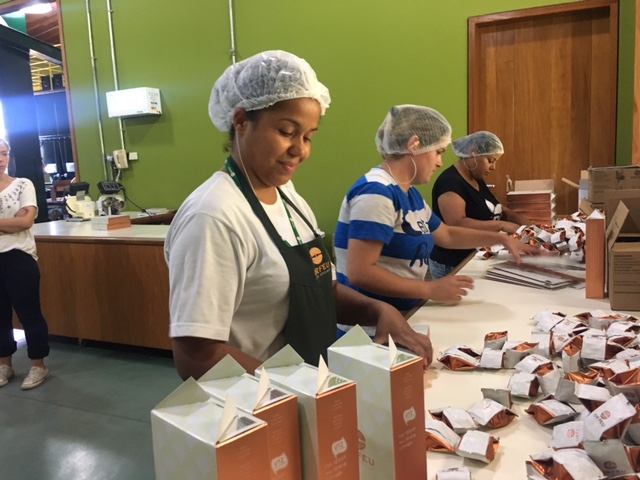 (The careful work done at Fazenda Sertãozinho to pack the Orfeu coffee capsules)
(The careful work done at Fazenda Sertãozinho to pack the Orfeu coffee capsules)
Option for the domestic market
Capsule coffees account for 35% of Orfeu’s total sales and are produced on five farms of the group: Sertãozinho, Rainha, Santa Inês, Laranjal, and Cachoeira, located in the south of Minas Gerais.
With four million coffee plants planted, they are expected produce roughly 25,000 sacks of coffee by the end of 2017. “We plan to produce 35,000 to 40,000 sacks in 2018,” said the Director. She states that 70% of its production consists of coffees with scores over 80 points. Of its 3,00 hectares of farms, 1,000 hectares are intended for coffee.
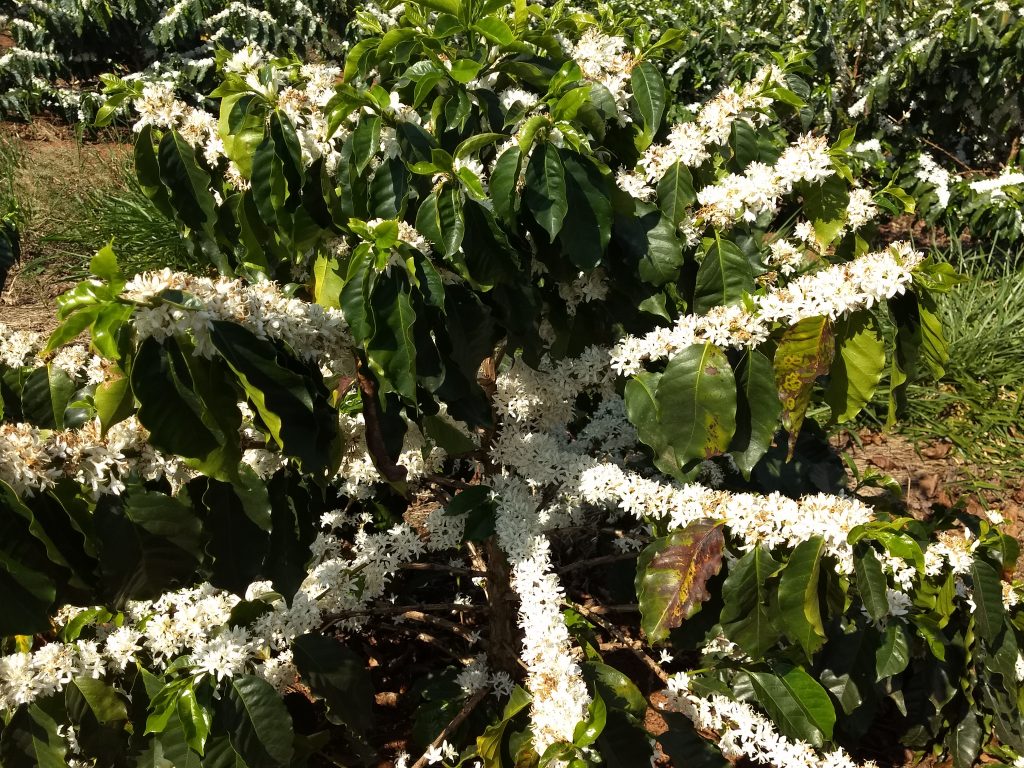
(Blooming day at the coffee plantations of Fazenda Sertãozinho, which belongs to Orfeu Cafés Especiais)
They are the largest Brazilian producer of yellow Bourbon, as well as producing about 20 different varieties of arabica. “We are highly concerned regarding the genetics and thus conduct a number of studies on our farms with the cross-breeding of species. We created the Beija-Flor species, planted three years ago, and harvested it for the first time in 2017. The Beija-Flor, which is a mixture of Icatu Vermelho and Catuaí, is sold in micro-batches, explained Capucho. They produced about 30 sacks of the product. “Our micro-batches, like Beija-Flor, are also sold in capsules, which is a major advantage for consumers, making coffee preparation more accessible to everyone,” said the Director.
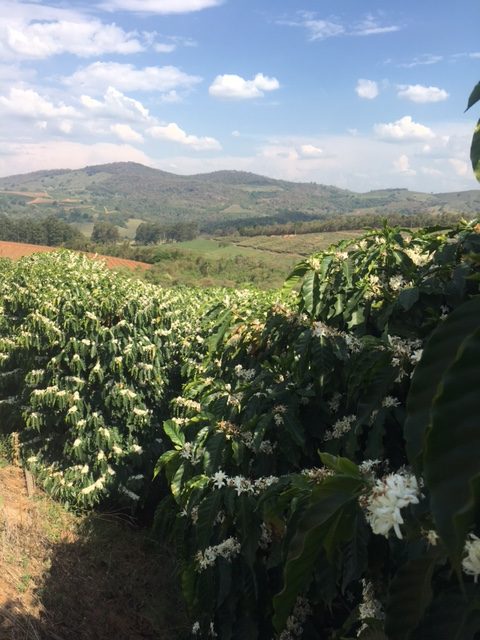
(Blooming day at the coffee plantations of Fazenda Sertãozinho, which belongs to Orfeu Cafés Especiais)
The coffees marketed under the Orfeu brand are planted, harvested, roasted, packaged and distributed by the Sertãozinho farms. “We have the entire process in our hands and do not suffer with the oscillations of the Stock Exchange. In addition, we have 350 employees, all fully employed,” explained Capucho.
The company made the choice to work with the domestic market and leave our best coffees here, instead of exporting them. “We have already sold a plenty of specialty coffee to Reserve Starbucks, Blue Bottle, Sensory Lab (Australia), Intelligentsia Coffees (United States), Solberg & Hansen (Denmark), and Cafe Imports (United States), as well as a few Japanese companies. Our moment, however, is another: Our mission is to leave our best coffees right here,” clarified the Director.
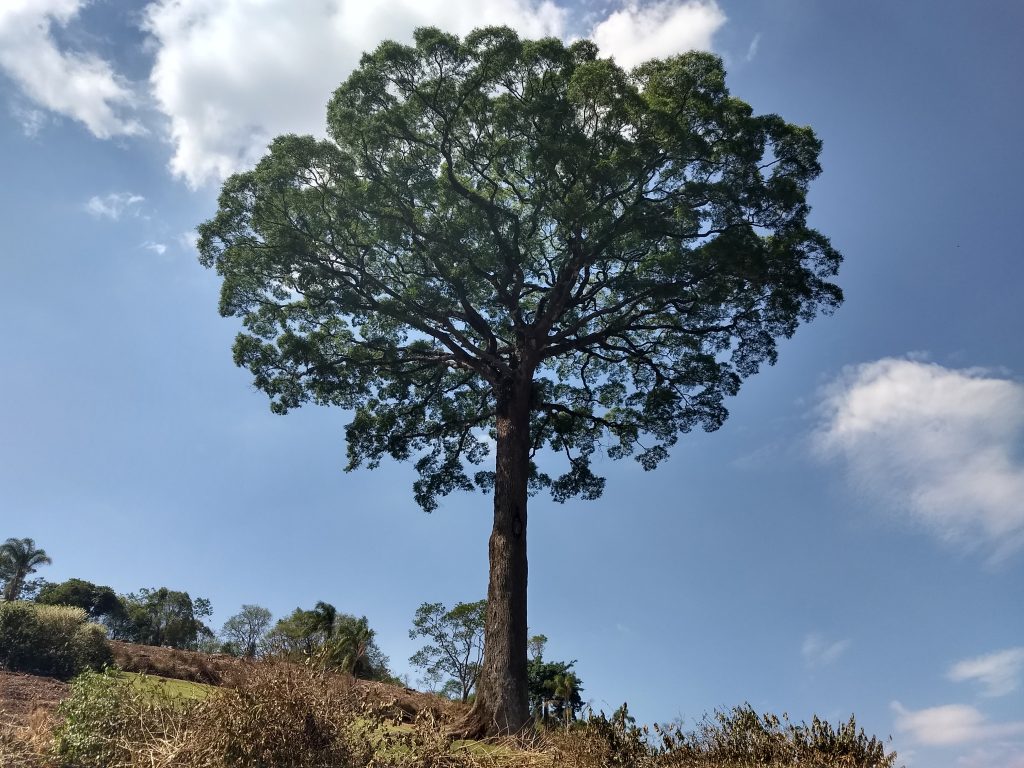
(The Jequitibá Rosa da Fazenda Sertãozinho, symbol of Orfeu Cafés Especiais)
The consumption of specialty coffees by Brazilians is a long-term investment of the company. “We are aware that we will lose money for a few more years, but we are sure that, when the category of specialty coffees is actually absorbed by Brazilian consumers, all bets will be off. Our coffee is fresh and is much better than the coffee that comes from abroad, especially because 70% of the coffee in capsules sold here by foreign companies is of Brazilian origin. It leaves here to be encapsulated in Europe and comes back here to be sold,” she explained.
The group belongs to the CEO of TV Globo (the largest media company in Brazil), Roberto Irineu Marinho, and is headed by the agronomist engineer, José Renato Gonçalves Dias, a member of a family that has been producing coffee for seven generations.

